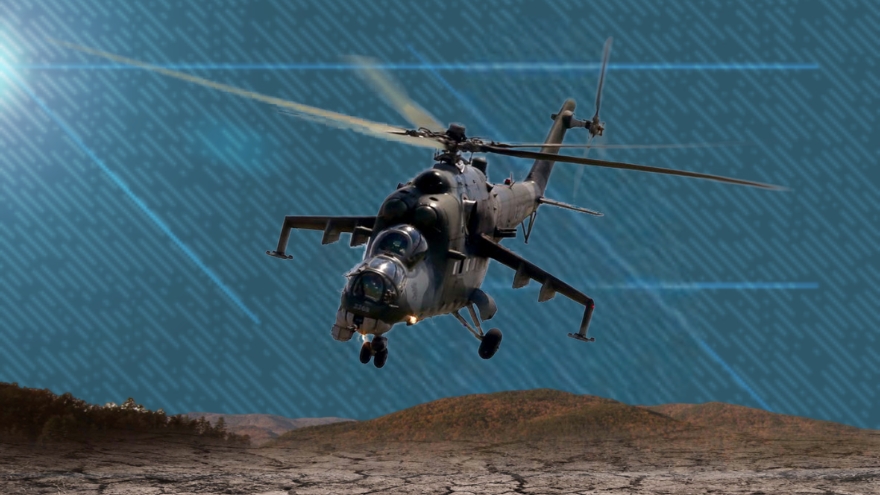A five-year trend is continuing as the number of Americans who express confidence in the U.S. military remains on the decline.
According to a recent Gallup survey, just 60 percent of Americans have “a great deal” or “quite a lot” of confidence in the nation’s military, the lowest level in more than two decades.
The last time confidence in the military was this low was in 1997, and it hasn’t been lower since 1988, when just 58 percent said they were confident.
Gallup says that from the late 1970s to the early 1980s, during the Cold War and amid threats to U.S. power (including the Iran hostage crisis), between 50 to 58 percent of Americans had confidence in the military.
That confidence improved during the years Ronald Reagan served as president, then surged after the U.S. victory in the Gulf War, reaching a record-high 85 percent in 1991. Confidence in the military surged again following the 9/11 terrorist attacks in 2001.
Generally, confidence stayed above 70 percent over the next two decades until it dropped to 69 percent in 2021, and declined further after the Biden administration’s “poorly executed exit from Afghanistan,” Gallup noted.
Since the survey began in 1975, Republicans have been more likely than Democrats to express confidence in the military. The only times where both major political parties held a nearly identical level of confidence in the military were in 1981, 1983, 1994, 2000, and 2022.
“Public perceptions of the U.S. military have fluctuated dramatically over the past five decades,” Gallup added. “The aftermaths of the Gulf War and 9/11 were followed by resounding upticks in confidence in the military.
“Now that the U.S. has completely withdrawn from both Iraq and Afghanistan, the two most significant military legacies of the 2001 terrorist attacks on the U.S., confidence in the military has continued to decline among the public,” Gallup explained. “The declines this year were across all party identification groups, with Republicans remaining the most likely to express confidence and independents becoming the least likely.”
